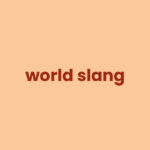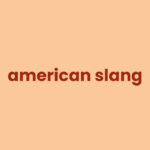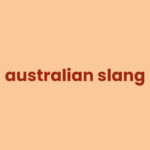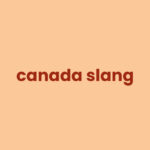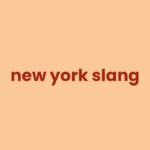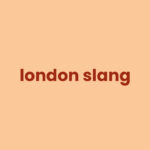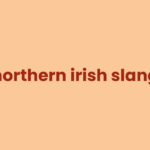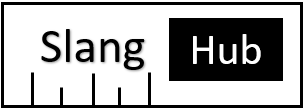Spanish Slang: Speak Like a Local with These 60 Phrases
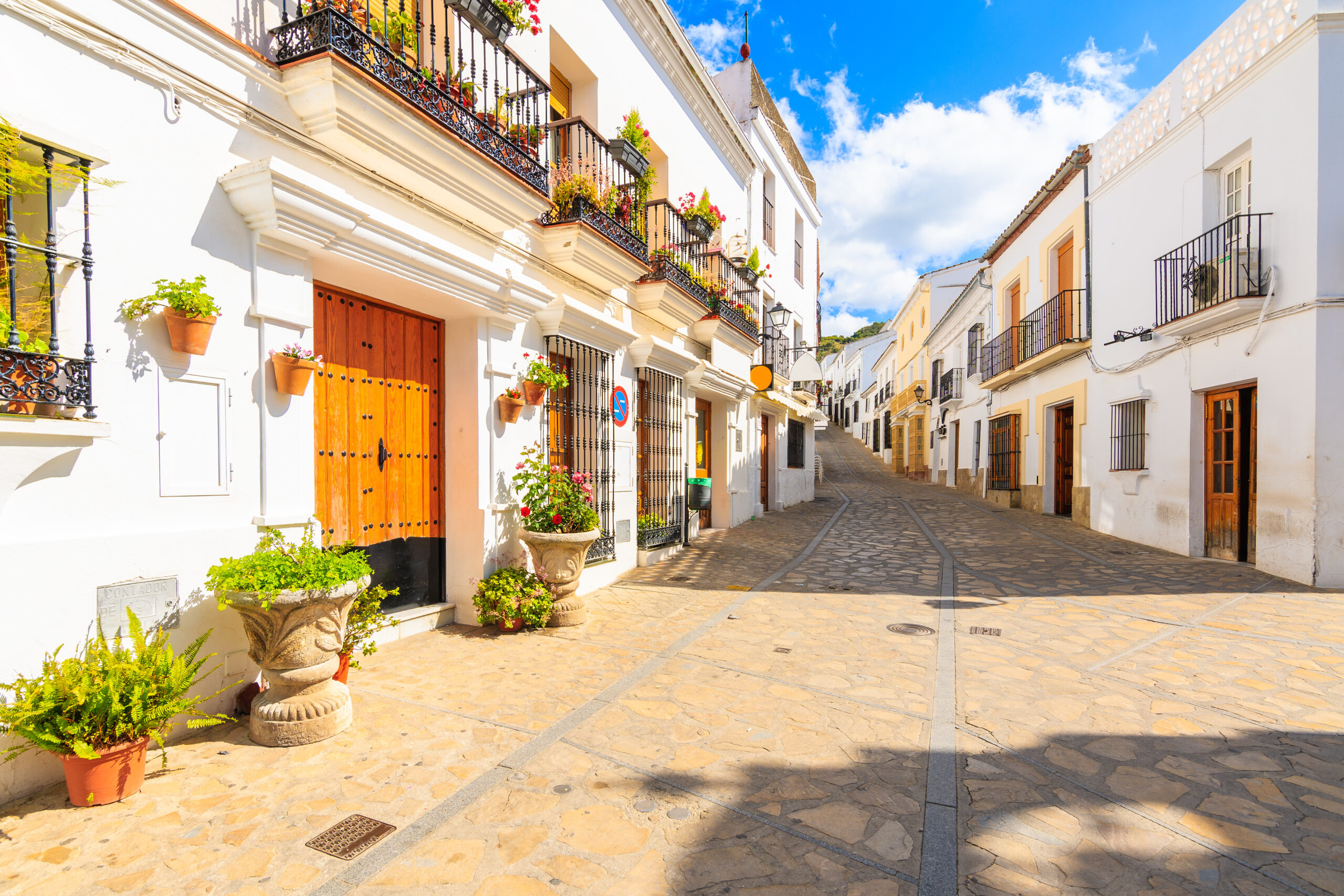
Spanish isn’t just spoken in one way—oh no! Across the Spanish-speaking world, each country and region has its own unique slang, giving you a glimpse into the local culture. Whether you’re heading to Cuba or Spain, knowing a few slang terms can make you feel like a local in no time.
But how do you know your che from your chido? Don’t worry, we’ve got you covered!
Here’s a handy list of some of the most popular Spanish slang phrases from around the world—perfect for impressing your friends, whether you’re chilling in a Cuban café or strolling through the streets of Buenos Aires.
Argentinian Slang
- Che (cheh) – A way to get someone’s attention, like “hey.” “Che, ¿vamos a la playa?” (Hey, should we go to the beach?)
- Boludo (boh-LOO-doh) – Used affectionately between friends, meaning “dumb” or “fool.” “Sos un boludo, ¿sabías?” (You’re such a fool, you know?)
- Laburar (lah-boo-RAR) – To work. “Tengo que laburar temprano mañana.” (I have to work early tomorrow.)
- Pibe/Piba (PEE-beh / PEE-bah) – Boy or girl. “Ese pibe es muy gracioso.” (That guy is really funny.)
- Quilombo (kee-LOHM-boh) – A mess or chaotic situation. “Esta casa es un quilombo.” (This house is a mess.)
- Facha (FAH-chah) – Cool or stylish. “Ese tipo tiene mucha facha.” (That guy is very stylish.)
- Mina (MEE-nah) – A girl or woman. “Esa mina me encanta.” (I really like that girl.)
- Chabón (chah-BOHN) – Another term for “guy.” “Ese chabón es buena onda.” (That guy is cool.)
- Fiaca (FEE-ah-kah) – Laziness. “Hoy tengo fiaca de salir.” (I feel too lazy to go out today.)
- Guita (GEE-tah) – Money. “Necesito más guita para el viaje.” (I need more money for the trip.)
Colombian Slang
- Parce (PAR-seh) – Friend, like “dude.” “¿Qué más, parce?” (What’s up, dude?)
- Rumbear (room-BEAR) – To party or go out dancing. “Vamos a rumbear esta noche.” (Let’s go out dancing tonight.)
- Bacano (bah-KAH-noh) – Cool or awesome. “Este lugar está bacano.” (This place is awesome.)
- Guaro (GWAH-roh) – Short for “aguardiente,” a popular alcoholic drink. “Vamos a tomar guaro esta noche.” (Let’s drink aguardiente tonight.)
- Paila (PAHY-lah) – When something goes wrong or is bad. “Se me perdió el dinero, paila.” (I lost my money, what a bummer.)
- Plata (PLAH-tah) – Money. “No tengo plata para el viaje.” (I don’t have money for the trip.)
- Camellar (kah-meh-YAR) – To work. “Tengo que camellar duro esta semana.” (I have to work hard this week.)
- Chimba (CHEEM-bah) – Used to describe something cool. “Esa fiesta estuvo chimba.” (That party was awesome.)
- Mamar gallo (mah-MAR gah-yoh) – To joke around or waste time. “Deja de mamar gallo.” (Stop messing around.)
- Jartera (har-TEH-rah) – Something boring or annoying. “Este trabajo es una jartera.” (This job is a drag.)
Cuban Slang
- Asere (ah-SEH-reh) – A way to say “dude” or “friend.” “¿Qué volá, asere?” (What’s up, dude?)
- Qué bolá (keh boh-LAH) – How’s it going? “Oye, qué bolá contigo?” (Hey, how’s it going with you?)
- Fula (FOO-lah) – Money, but often referring to foreign currency. “No tengo ni un fula.” (I don’t have a dime.)
- Camello (kah-MEH-yoh) – A slang word for “job.” “Estoy buscando un camello.” (I’m looking for a job.)
- Guagua (GWAH-gwah) – Bus. “La guagua está tarde otra vez.” (The bus is late again.)
- Tremendo (treh-MEHN-doh) – Used to emphasize how big or great something is. “¡Tremenda fiesta anoche!” (What a party last night!)
- Bacán (bah-KAHN) – Cool or great. “Este lugar está bacán.” (This place is cool.)
- Pinchar (peen-CHAR) – To work or do a job. “Hoy tengo que pinchar hasta tarde.” (Today, I have to work late.)
- Mango (MAHN-goh) – An attractive person. “Ese chico es un mango.” (That guy is a hottie.)
- Yuma (YOO-mah) – Refers to foreigners, usually Americans. “Ese yuma no entiende nada.” (That foreigner doesn’t understand anything.)
Mexican Slang
- Chido (CHEE-doh) – Cool. “Este lugar está bien chido.” (This place is really cool.)
- No manches (noh MAHN-ches) – No way! “¡No manches, qué caro es eso!” (No way, that’s so expensive!)
- Güey (gwey) – Dude or guy. “Oye güey, ven acá.” (Hey dude, come here.)
- Neta (NEH-tah) – The truth or something serious. “¿Es neta lo que dijiste?” (Is what you said for real?)
- Fresa (FREH-sah) – Someone who is posh or snobby. “Esa chica es súper fresa.” (That girl is super snobby.)
- Tarea (tah-REH-ah) – Job or task. “Tengo mucha tarea hoy.” (I have a lot of work to do today.)
- Pedo (PEH-doh) – A lot of meanings, but often used to say “drunk.” “Anoche estaba bien pedo.” (Last night I was really drunk.)
- Bronca (BROHN-kah) – A problem or fight. “No quiero broncas contigo.” (I don’t want any trouble with you.)
- Chafa (CHAH-fah) – Cheap or low quality. “Esta camisa es muy chafa.” (This shirt is very low quality.)
- ¡Órale! (OH-rah-leh) – An expression of surprise or excitement. “¡Órale! Qué padre está tu coche.” (Wow! Your car is so cool.)
Peruvian Slang
- Pata (PAH-tah) – Friend, buddy. “Ese pata me ayudó mucho.” (That guy helped me a lot.)
- Jato (HAH-toh) – House or home. “Voy a mi jato.” (I’m going home.)
- Chamba (CHAHM-bah) – Job or work. “Necesito conseguir una chamba pronto.” (I need to find a job soon.)
- Pituco (pee-TOO-koh) – A posh or snobby person. “Ese chico es bien pituco.” (That guy is really snobby.)
- Luca (LOO-kah) – Money, especially referring to one sol (Peruvian currency). “Esto cuesta cinco lucas.” (This costs five soles.)
- Habla (AH-blah) – A greeting, like “what’s up?” “¡Habla, amigo! ¿Cómo estás?” (What’s up, friend? How are you?)
- Jamear (hah-MEH-ahr) – To eat. “Vamos a jamear algo.” (Let’s go eat something.)
- Chévere (CHEH-veh-reh) – Cool or great. “Este lugar está chévere.” (This place is cool.)
- Huachafo (wah-CHAH-foh) – Someone who is tacky or in poor taste. “Ese vestido está muy huachafo.” (That dress is really tacky.)
- Jamear (hah-MEH-ahr) – To eat. “Vamos a jamear algo.” (Let’s go eat something.)
Spanish Slang (from Spain)
- Guay (gwhy) – Cool. “¡Qué guay está esta canción!” (This song is so cool!)
- Currar (koo-RAR) – To work. “Tengo que currar todo el fin de semana.” (I have to work all weekend.)
- Chungo (CHOON-goh) – Something bad or sketchy. “Este lugar se ve un poco chungo.” (This place looks a bit dodgy.)
- Tío/Tía (TEE-oh / TEE-ah) – Used to refer to a guy or girl, like “dude” or “chick.” “Oye, tío, ¿qué haces?” (Hey, dude, what are you doing?)
- Flipar (flee-PAR) – To freak out. “¡Flipé cuando me lo dijo!” (I freaked out when he told me!)
- Molar (moh-LAR) – To like or find something cool. “Me mola mucho tu coche.” (I really like your car.)
- Chaval (chah-VAHL) – A young person or kid. “Ese chaval no para de hablar.” (That kid won’t stop talking.)
- Pasta (PAH-stah) – Money. “No tengo mucha pasta este mes.” (I don’t have much money this month.)
- Cañero (kah-NYEH-roh) – Someone or something cool and daring. “¡Qué cañero es tu estilo!” (Your style is so edgy!)
- Resaca (reh-SAH-kah) – A hangover. “Tengo una resaca horrible.” (I have a terrible hangover.)
Immerse Yourself in Spanish
The best way to learn Spanish like a local? Dive right into the culture! Here’s our top suggestions on improving –
- Listen to music from Spanish-speaking countries – J Balvin uses a lot of slang in his songs! Check him out here –
- Watch TV shows or movies in Spanish – check out our favourites La Casa de Papel (Money Heist), Club de Cuervos and City of God.
- And don’t be afraid to speak with native speakers—even if you make mistakes! It’s all part of the learning process.
Practice makes perfecto!
Check out more of our word slang examples below!
